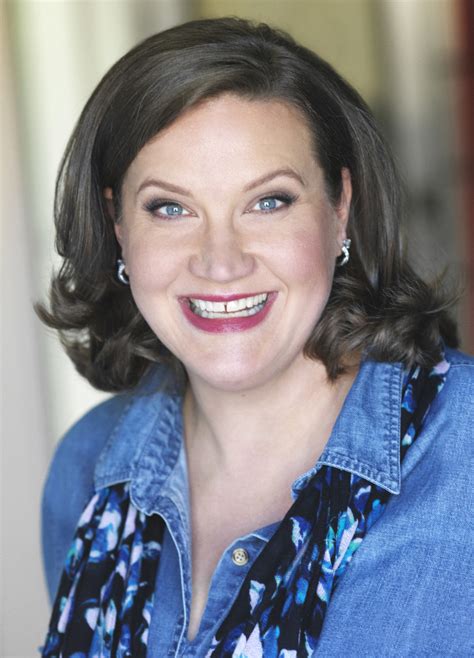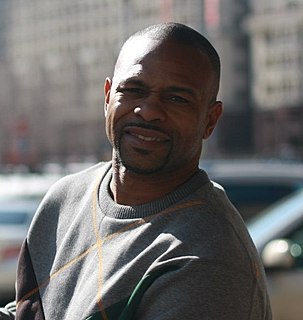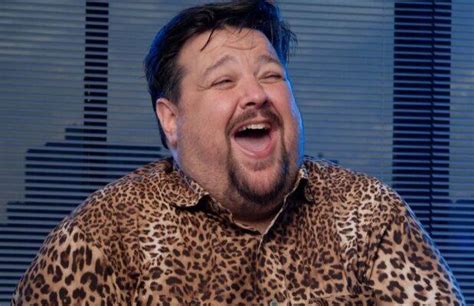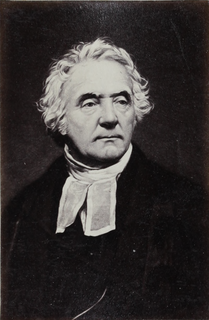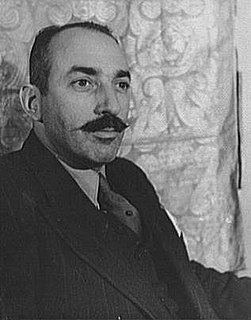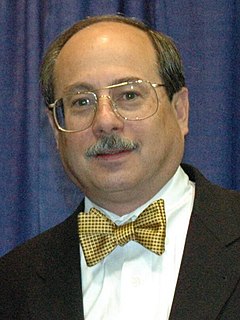A Quote by Mary Wollstonecraft Shelley
Why did I not die? More miserable than man ever was before, why did I not sink into forgetfulness and rest? Death snatches away many blooming children, the only hopes of their doting parents: how many brides and youthful lovers have been one day in the bloom of health and hope, and the next a prey for worms and the decay of the tomb! Of what materials was I made, that I could thus resist so many shocks, which, like the turning of the wheel, continually renewed the torture? But I was doomed to live.
Quote Topics
Away
Been
Before
Bloom
Blooming
Brides
Children
Continually
Could
Day
Death
Decay
Did
Die
Doomed
Ever
Forgetfulness
Health
Hope
Hopes
How
Like
Live
Lovers
Made
Man
Many
Materials
Miserable
More
Next
One Day
Only
Parents
Prey
Renewed
Resist
Rest
Sink
Than
Thus
Tomb
Torture
Turning
Wheel
Which
Why
Worms
Youthful
Related Quotes
There is much made in the psychological literature of the effects of divorce on children, particularly as it comes to their own marriages, lo those many years later. We have always wondered why there is not more research done on the children of happy marriages. Our parents' love is not some grand passion, there are no swoons of lust, no ball gowns and tuxedos, but here is the truth: they have not spent a night apart since the day they married.How can we ever hope to find a love to live up to that?
When I decided to write about my brother and friends, I was attempting to answer the question why. Why did they all die like that? Why so many of them? Why so close together? Why were they all so young? Why, especially, in the kinds of places where we are from? Why would they all die back to back to back to back? I feel like I was writing my way towards an answer in the memoir.
I never was a person that wanted that life...I'm a leader not a follower. I don't care what they say, or what they're doing or what they're wearing. Go ahead, cos come Judgement Day, all of that won't matter. How many people did you help. How many people did you talk to. How many people did you try to encourage. How many people did you bring to God. That's what's gon' matter.
Hope is to a man as a bladder to a learning swimmer--it keeps him from sinking in the bosom of the waves, and by that help he may attain the exercise; but yet it many times makes him venture beyond his height, and then if that breaks, or a storm rises, he drowns without recovery. How many would die, did not hope sustain them! How many have died by hoping too much! This wonder we find in Hope, that she is both a flatterer and a true friend.
What? she said once to herself, and then once aloud, What? She felt a total displacement, like a spinning globe brought to a sudden halt by the light touch of a finger. How did she end up here, like this? How could there have been so much - so many moments, so many people and things, so many razors and pillows, timepieces and subtle coffins - without her being aware? How did her life live itself without her?
As many conventionally unhappy parents did in the 1950s, my parents stayed together for the sake of the children—they divorced after my youngest brother left home for college. I only wish they had known that modeling their dysfunctional relationship was far more damaging to their children than their separation would have been.
The marvel is that we did not all die of cold. As a matter of fact, only one of my party actually froze to death before he could be got back, but I am not able to tell how many have ended up in hospital. We were marooned in a frozen desert. There was not a sign of life on the horizon and a thousand signs of death.
How shall I admire, how laugh, how rejoice, how exult, when I behold so many
proud monarchs groaning in the lowest abyss of darkness; so many
magistrates liquefying in fiercer flames than they ever kindled against the
Christians; so many sages philosophers blushing in red-hot fires with their
deluded pupils; so many tragedians more tuneful in the expression of their
own sufferings; so many dancers tripping more nimbly from anguish then
ever before from applause.
Thousands of men breathe, move, and live; pass off the stage of life and are heard of no more. Why? They did not a particle of good in the world; and none were blest by them, none could point to them as the instrument of their redemption; not a line they wrote, not a word they spoke, could be recalled, and so they perished--their light went out in darkness, and they were not remembered more than the insects of yesterday. Will you thus live and die, O man immortal? Live for something.
Why it was that upon this beautiful feminine tissue, sensitive as gossamer, and practically blank as snow as yet, there should have been traced such a coarse pattern as it was doomed to receive; why so often the coarse appropriates the finer thus, the wrong man the woman, the wrong women the man, many years of analytical philosophy have failed to explain to our sense of order
Everything we know has its origin in questions. Questions, we might say, are the principal intellectual instruments available to human beings. Then how is it possible that no more than one in one hundred students has ever been exposed to an extended and systematic study of the art and science of question-asking? How come Alan Bloom did not mention this, or E. D. Hirsh, Jr., or so many others who have written books on how to improve our schools? Did they simply fail to notice that the principal intellectual instrument available to human beings is not examined in school?

